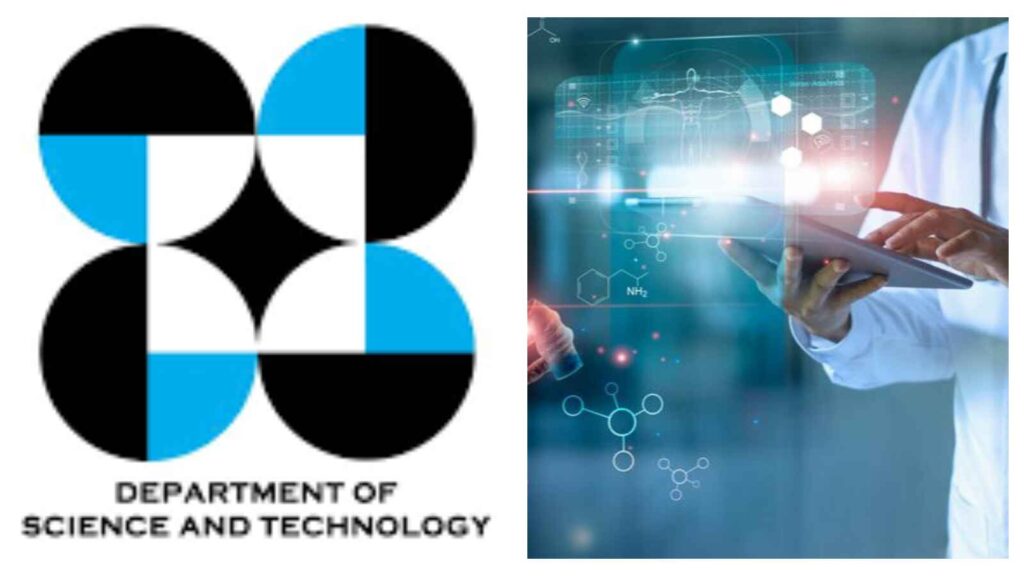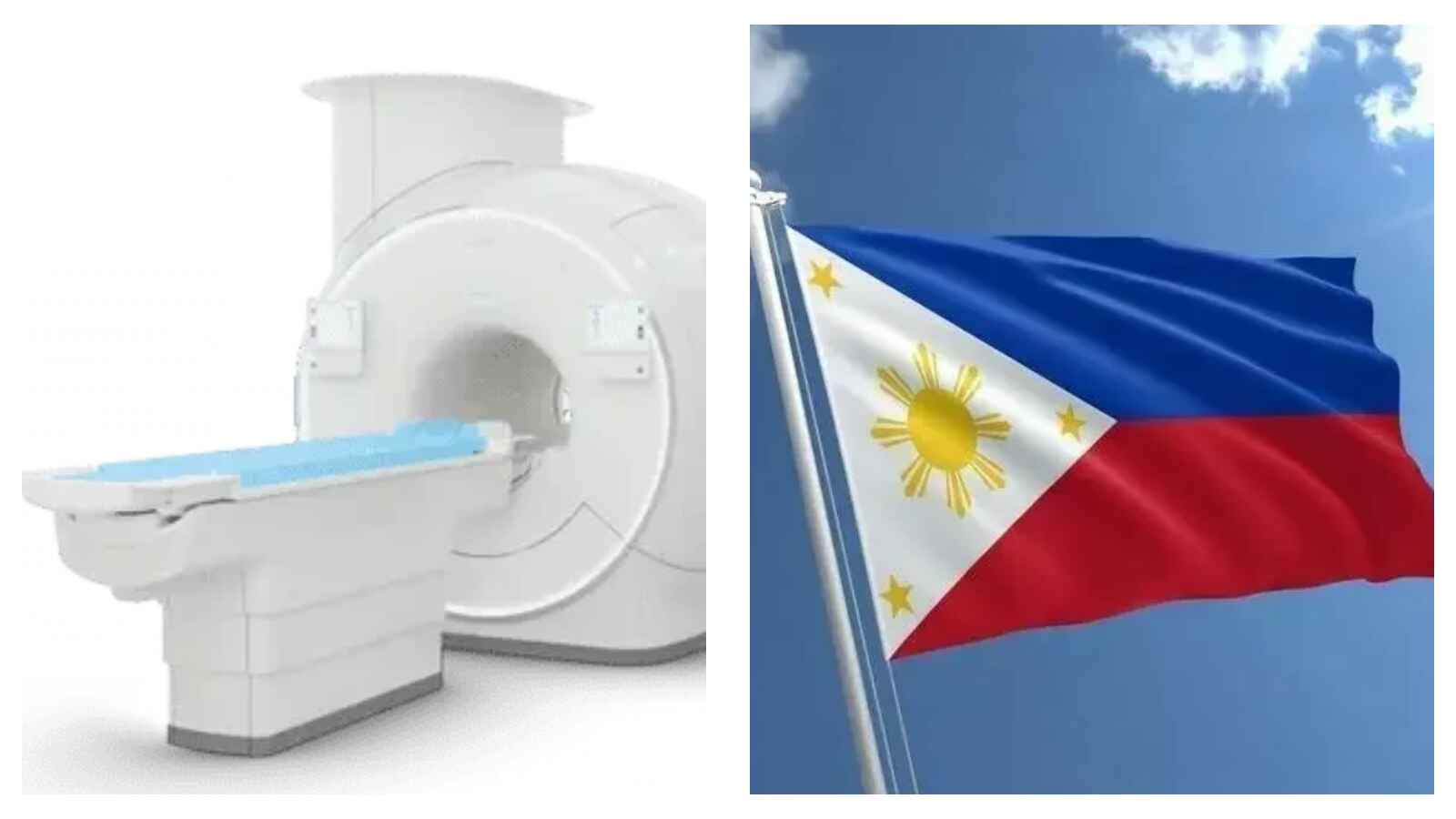By Andre Alfonso R. Gutierrez
A government hospital in Northern Luzon has taken a major step towards sustainable healthcare by becoming the first in the Philippines to adopt helium-free magnetic resonance imaging (MRI) technology.
The Ilocos Training and Regional Medical Center (ITRMC) in San Fernando City is now the country’s first public facility to install this advanced MRI system, signalling a shift toward greener and more cost-efficient diagnostic solutions.
Procured through reimbursements from the Philippine Health Insurance Corporation (PhilHealth), the 1.5 Tesla MRI unit developed by Philips replaces an ageing scanner damaged during the post-pandemic period.
It also expands the hospital’s capabilities in critical medical fields, including cardiology, oncology, and neurology.
READ MORE: More Filipinos link science to national resilience: survey

Greener imaging, smarter diagnostics
Unlike conventional MRI machines that rely on large quantities of helium, a non-renewable and increasingly costly resource, the new unit uses BlueSeal Technology, which eliminates the need for helium while integrating artificial intelligence to improve imaging accuracy.
This innovation aligns with ITRMC’s broader sustainability goals under its integrated environmental and occupational hazard management systems.
Dr Unity Cortez, head of medical services at ITRMC, told the Philippine Information Agency that the scanner reduces environmental impact and is safe for pregnant women.
She noted that the technology enables early detection of a range of health conditions while producing no ionising radiation.
A model for regional health reform
Beyond its ecological advantages, the machine significantly enhances diagnostic reach.
It can detect congenital anomalies during pregnancy, as well as early signs of cancer and other diseases—capabilities that support ITRMC’s vision of becoming a leading centre for tertiary and prenatal care in the Philippines.
As the country continues to modernise its public healthcare system, ITRMC’s adoption of helium-free MRI technology may serve as a model for other regional hospitals seeking to boost service quality while maintaining environmental and financial sustainability.
READ NEXT: Air pollution in Vietnam’s capital expected to persist through April
